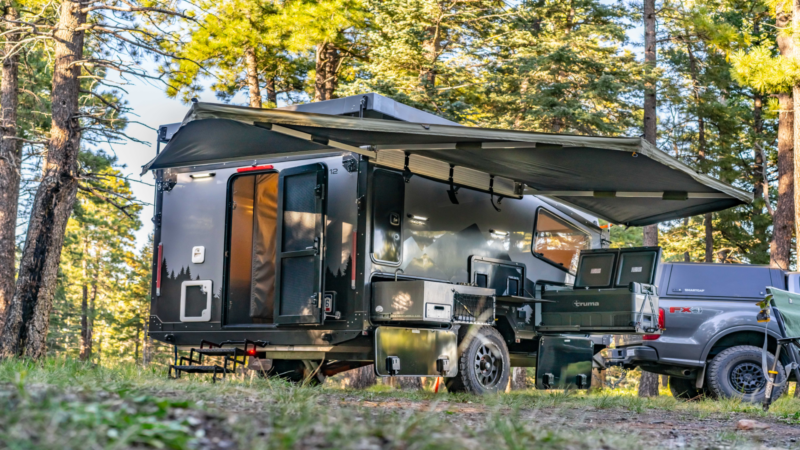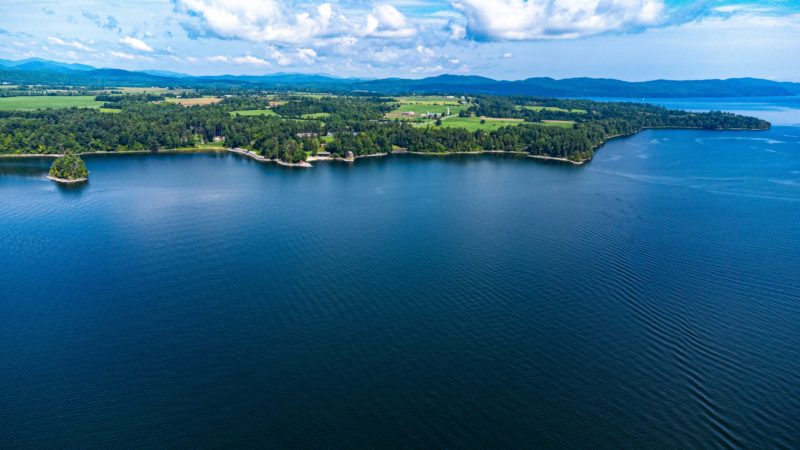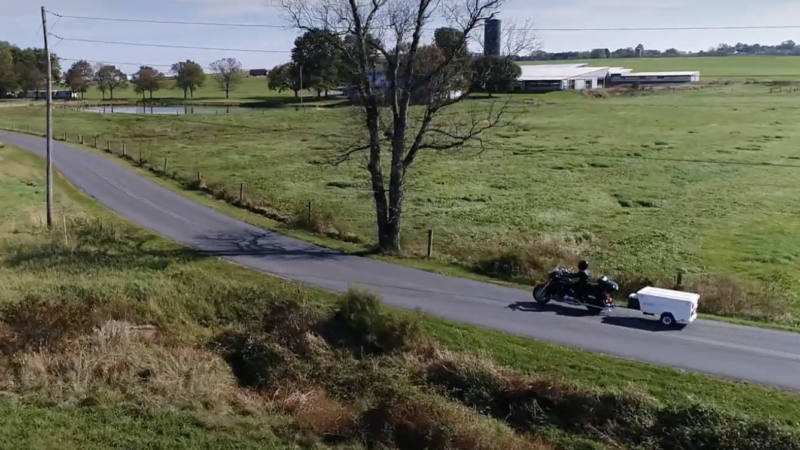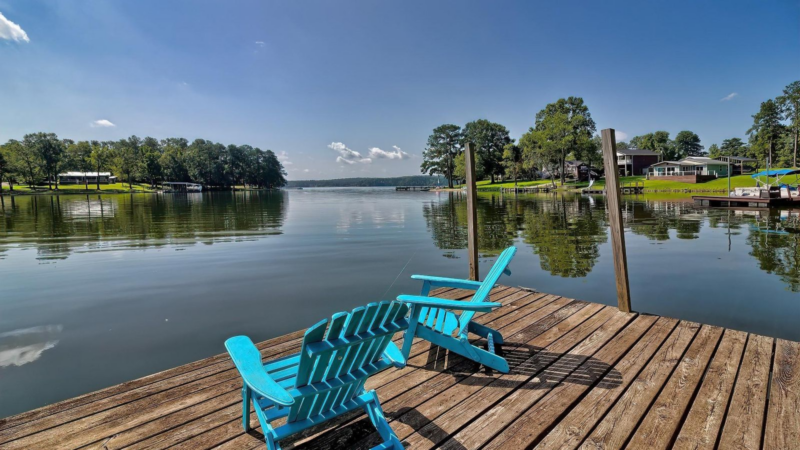Choosing the Best Water Heater for Your Camper: Electric vs. Gas Options | I Heart RVing
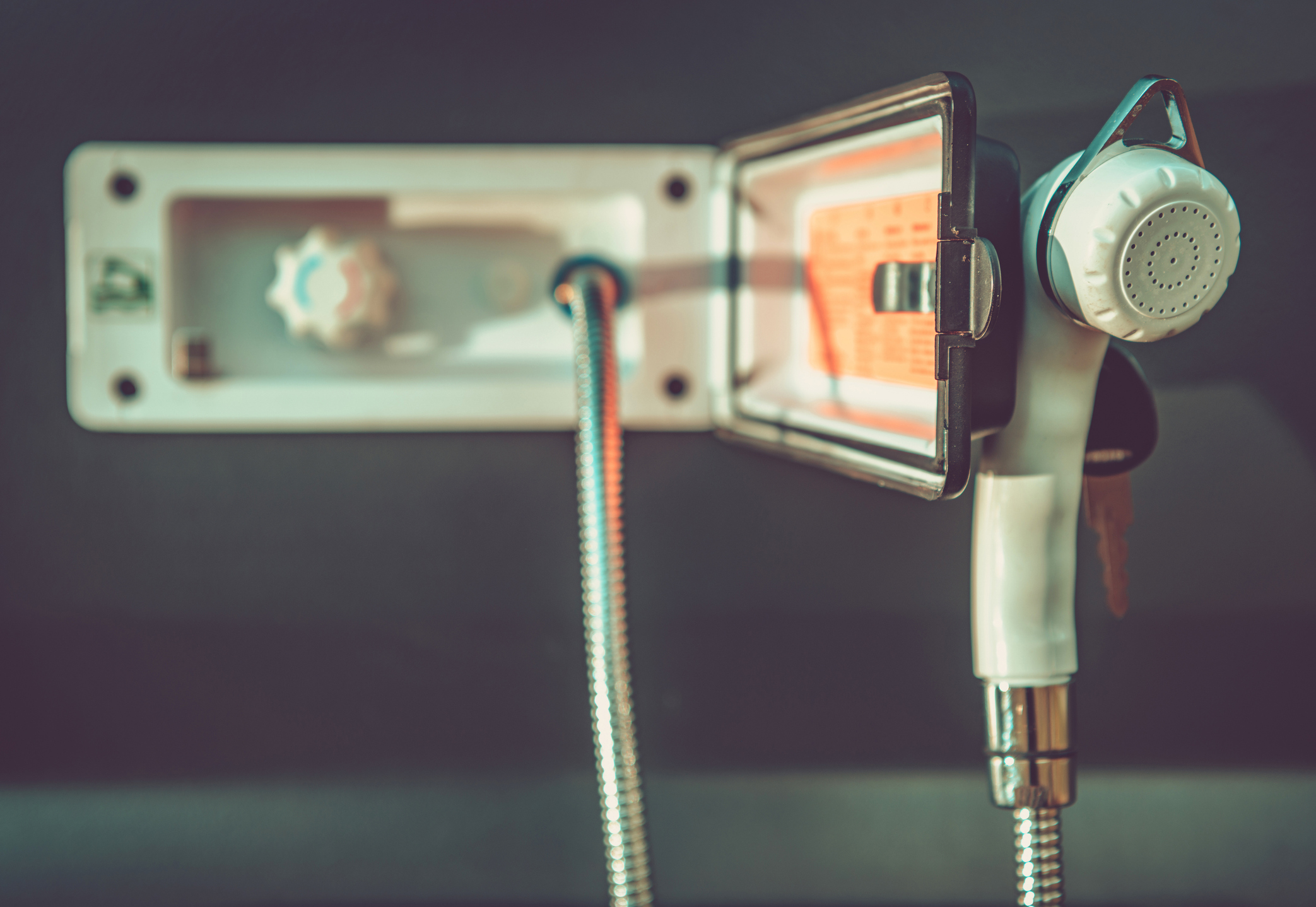
Water heaters ensure you always have access to hot water for taking showers, doing dishes and making meals. Before you choose an RV water heater for your camper, take stock of your needs to ensure you select the best one. RV water heaters can be gas or electric, with each one having specific pros and cons.
Understand how RV gas and electric hot water heaters differ and how best to install and maintain the system you choose for your camper.
Understanding RV Hot Water Heaters
Camper water heaters have a primary purpose — to heat the water in your RV for showering, cooking and any other tasks requiring hot water. You may already have a well-maintained freshwater tank with an electric or manually operated water pump. This pump allows water to flow into the water heater tank in your camper. Depending on whether your RV has a gas or electric water heater, an electrical element or a gas burner heats the water to your chosen temperature.
A hot water heater for a travel trailer will likely have a tank unless you’ve selected a tankless model. It also typically has a pressure relief valve that measures the pressure that the expanding hot water inside the tank emits. Should this pressure become too great, the relief valve lets out water to ensure safety.
If you typically haul a heavy load, consider upgrading your camper axles before you add the extra weight of a water heater and tank. Upgrading your vehicle’s axles increases your load capacity and reduces the risk of carrying too much weight. Tankless RV water heater models are typically powered by electricity or propane and instantly heat external water. They’re handy if you don’t want extra weight and can cope without a full-time camper water heating system.
Electric vs. Gas Water Heaters for Campers
Both electric and gas water heaters have benefits and pitfalls. Your travel style and the campsites you visit will clarify which kind of water heater suits you best. Consider the advantages and disadvantages of electric and gas water heater systems.
Pros and Cons of RV Electric Water Heaters
Look at the pros and cons of electric systems to glean how well they align with your camping needs.
Pros
- You’ll save propane at electrified campgrounds.
- The Digital Spark Ignition heats directly.
- The camper electric water heater maintains temperature better.
- The heating element automatically warms when needed.
- An RV electric water heater requires less effort to run.
Cons
- Boondocking is challenging with an electric water heater.
- With limited power, you may have to switch off other high-power appliances.
- RV electric hot water heats up more slowly.
Advantages of RV Gas Water Heaters
The benefits of gas water heaters for RVs include:
- Easier boondocking and remote area camping
- Faster heating
- Quick, easy-to-refill gas from a number of suppliers
- Tandem operation with other gas-powered appliances if you have sufficient propane
How to Choose the Right RV Water Heater
Selecting a gas or electric RV water heater means considering your available options while bearing the following three factors in mind.
1. Water Heater Size and Installation
Consider the size of a camper hot water heater relative to the space you have available in your RV. Before shopping, measure the dimensions of your sidewall opening to ensure that your water heater will fit. Also, check how to install the heater — some camper hot water heaters come ready-to-fit for specific RVs.
If you have a smaller camper with a limited opening, a decent option for an RV gas water heater is the KINGRVER HyBridShower 6 Duel Fuel with a six-gallon tank. It operates with propane and supports an electric connection.
2. Tank Capacity
Camper hot water heater tank capacities vary — RVers with smaller campers commonly use six-gallon water heater tanks or tankless heaters to reduce their RV’s weight. An example of a popular electric water heater is the Dometic 95001SP 10-gallon aluminum water heater, which also has gas input for those who prefer it. This heater’s tank capacity is suitable for medium to large RVs.
3. Rust and Corrosion Protection
To prevent the chance of rust or corrosion, empty your camper’s water heater tank between trips. When you buy a new electric or gas water heater, check whether it has a glass-lined tank or comes with a fitted anode rod — these aid in anti-corrosion and rust prevention efforts. You can also buy an anode rod compatible with your electric or gas hot water heater.
Installation Tips for Camper Water Heaters
Whether you’re installing a new water heater or switching between a gas and electric heater, following these basic steps can accomplish the process easily and safely.
- Switch off the power and shut off the gas.
- Drain the water heater.
- Disconnect the electric power connections and the gas and water lines.
- Clear the gas line.
- Remove the existing unit.
- Prepare the sidewall opening by bending up its perimeter edges.
- Partially slide the new unit into position.
- Remove the gas safety stopper in the new heater, thread the propane line through the opening, and seal the opening with auto or marine sealant.
- Splice and prepare any existing electric wires.
- Finish sliding the new water heater into place.
- Connect any electric wires and the water line.
- Switch on the gas and electricity, and check for gas leaks by spreading soapy water around the joint. If you see bubbles, switch off the gas and reseal the joint.
- Screw the sidewall frame to the new unit to secure it.
- Turn on your water pump, fill the water tank and check for leaks.
Some of these steps only apply to fitting an RV gas water heater, while others are applicable to an electric installation.
Maintenance Tips for RV Hot Water Heaters
After installing your new RV hot water heater, you’re good to go for the vacation period. When your trip is over, it’s essential to perform the following checks on your water heater regularly to ensure there are no last-minute issues before your next road trip.
- Inspect and clean the tank’s anode rod to prevent rust and corrosion.
- Flush the tank yearly to remove any sediment buildup.
- When filling the tank for maintenance, watch for leaks and repair any immediately.
- Test the pressure relief valve on the top or side of the camper hot water heater by lifting the valve’s lever to release water. It should flow freely and then stop.
Regular maintenance ensures your water heater’s optimal and enduring performance. For specific advice, consult your water tank manufacturer’s manual.
Troubleshooting Common Camper Water Heater Issues
When experiencing problems with your water heater’s operation, try these steps to successfully troubleshoot the issue.
- Check the electric power source. With gas, ensure the line is open and that there’s sufficient fuel.
- Check the pilot light. If the light is not on, the burner will not ignite.
- Flush the water tank so sediment buildup does not hamper the flow of water or damage the heating element.
- Gently brush out or use compressed air on the burner assembly in the access panel to remove corrosion, debris or dust.
If you carry out these RV hot water heater troubleshooting tips without success, contact a heater repair professional.
Energy Efficiency in RV Water Heaters
Whether you use liquefied petroleum gas, liquid propane or electric power for your new RV water heater, follow the U.S. Department of Energy’s standards to prevent sulfur dioxide from reaching the air and causing harmful soot. Nitrogen oxide levels — which cause smog — also decrease carbon dioxide and methane production. Water heater regulations are applicable to all systems and are expected to lead to $33 billion in health benefits and increased energy efficiency.
Safety Considerations for Camper Hot Water Heaters
Ensure and maintain safety by exercising the same precautions in your camper as you do in your home.
- Properly ventilate your camper.
- Test your pressure relief valve often.
- Remove any fire hazards near your water heater.
- Keep your water heater’s temperature below 120 degrees Fahrenheit.
- If you’re using a gas water heater, install a carbon monoxide detector.
Frequently Asked Questions About Hot Water Heaters for Travel Trailers
Can I Use a Tankless Camper Water Heater?
Yes, tankless RV water heaters are energy-efficient and compact, making them popular choices for RVers who don’t need constant hot water and want to save space. To use one, ensure your camper’s plumbing systems and electric or gas solutions support it.
How Long Will My RV Hot Water Heater Take to Heat?
It typically takes anywhere from 20 to 30 minutes for water heaters to reach optimal temperatures. This time can vary depending on the power source, with gas RV heaters likely faster to heat than electric ones.
Can I Sleep With My Travel Trailer Water Heater Running?
It is safe to sleep with your RV water heater on if it runs on electricity. Keeping your gas water heater running can be OK, but you could deplete your gas levels, which will cost you money.
Making the Best Choice for Your Camper
It’s entirely up to you whether you choose an electric or gas water heater for your camper. Many now come with dual power, so assess the available options and consider your needs and your camper’s size. Water heater installation, functionality, safety, size, capacity and maintenance should all play a role in choosing the best water heater for your camper.
Source: https://iheartrving.com/blog/choosing-the-best-water-heater-for-your-camper-electric-vs-gas-options/




